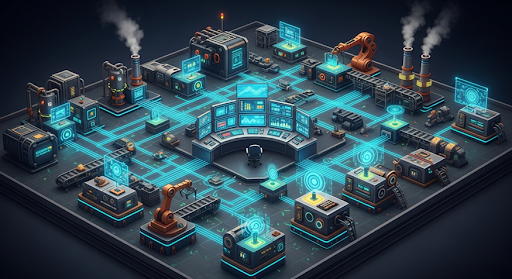Historian is a type of database that is used to store large amounts of historical data. It is different from other databases in that it stores data over a long period of time and allows for easy access and retrieval. This makes it ideal for use in industrial applications, such as SCADA systems, where detailed records are needed over a long period of time. Historian also differs from SQL databases in that it stores data in an optimized format that allows for faster access and retrieval. With the help of specialized software, data historian can be used to analyze large volumes of historical data and provide insights into trends and patterns.
What is the difference between data historian and database? Data historian and database are two distinct sets of data storage solutions that are used for different purposes. While databases are used to store structured data, data historians are used to store time-series data, which is often unstructured and requires a specialized approach for analysis. Data historians provide more advanced features such as version control, scalability and powerful analytics capabilities compared to traditional databases.





